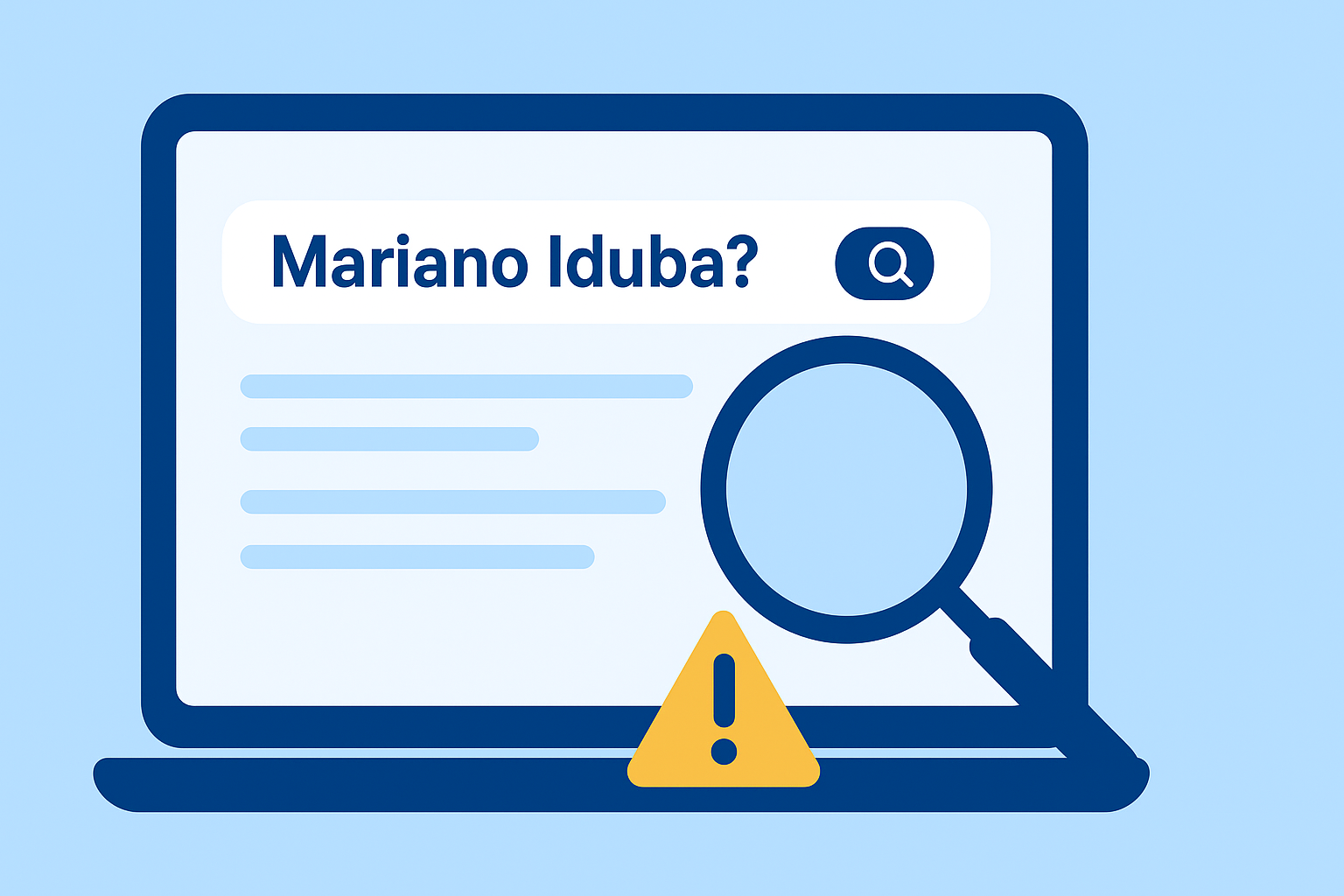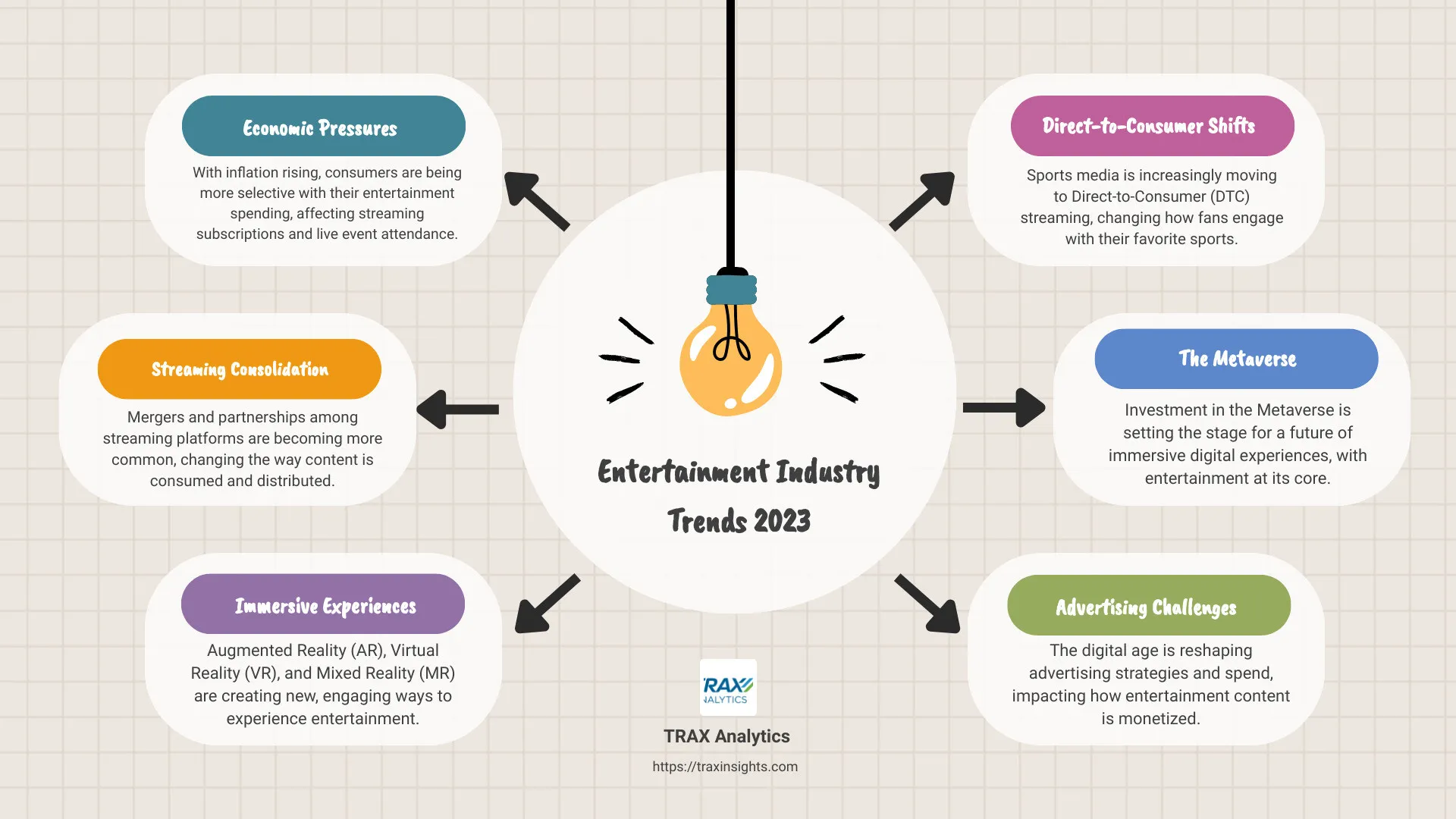Introduction
You might have seen the name Mariano Iduba online. On a blog. On social media. You want simple facts. Who is he? What does he do? Is he an artist, an entrepreneur, or a tech leader?
We set out to find answers using public web pages, blogs, and basic research tools. We focused on clear, verified information. We avoided guesses. We kept the language simple.
Here is what we learned: there are many posts about “Mariano Iduba,” but most of them repeat the exact broad phrases and do not offer solid proof. Many pages describe him as an artist, an innovator, or a global leader. But they do not link to trusted records, interviews, or established news outlets. Some even disagree with each other on key facts, such as birthplace or field of work.
This article explains those conflicting claims in plain language. You will see what we can verify, what we cannot, and how you can check facts yourself.
A quick summary of what shows up online
When you search the web for “Mariano Iduba,” you see many recent blog posts. They use strong, positive words. They call him an artist, a visionary, or a social entrepreneur. But these pages do not show primary sources such as official bios, government filings, or news reports from reputable outlets.
- Some posts describe him as an artist and discuss “expression” and “storytelling.”
- Others call him an entrepreneur or digital strategist leading growth for companies.
- One page says he is a Kenyan-born social entrepreneur who changed the lives of “over 50,000” students. It does not show how that number was measured or verified.
- Another says he is a content creator from Argentina.
These claims do not line up. They also lack evidence, such as named organizations with links, dated awards with sources, or media coverage from well-known publications.
Why this matters
It is easy to read a smooth article and think, “This must be true.” But on the modern web, anyone can post anything. A page can look neat and still be unreliable. When different sites tell different stories about the same person, that is a red flag. It means you should slow down and check the sources.
Our goal here is not to attack any website. Our goal is to help you determine if a profile is trustworthy.
What the surname “Iduba” tells us (and what it doesn’t)
Surname data sites suggest “Iduba” is extremely rare worldwide. One database estimates the last name ranks in the low millions by frequency, with the highest share in parts of West Africa. That same source says only a handful of people use it as a given name. This does not prove anything about a particular person, but it does indicate that the name is uncommon.
Why does this help? If a scarce name suddenly appears in dozens of generic blog posts, it can be a sign of a search-engine trend rather than a proven public figure. That means you should dig deeper before you trust bold claims.
Patterns we noticed across many pages
As we reviewed results, we saw a set of repeating patterns:
- Vague job labels. Words like “visionary,” “leader,” “innovator,” and “impact” appear many times, but without specific employers, dates, or projects that you can verify.
- Recent publication dates. Several posts are very recent (days or weeks old), which can point to a new SEO wave rather than long-standing coverage.
- Contradicting bios. Artist vs. AI leader vs. Kenyan social entrepreneur vs. Argentine creator—these cannot all be true for one person unless the pages give clear proof and a consistent timeline. They do not.
- Few external sources. Most pages do not link to official resumes, press releases, or third-party news. They mainly link to other posts of the same style or not at all.
These patterns do not automatically mean the person is fake. But they do tell you to keep asking for proof.
Could there be a real “Mariano Iduba”?
Yes. There could be one or more real people with this name. The web results alone cannot confirm their life stories. The problem is verifiability. Right now, the public pages do not show strong proof like:
- An official website with a clear bio, dates, and contact details.
- A well-maintained LinkedIn profile with employment history and endorsements.
- Interviews in reputable news outlets.
- You can check Academic or professional records.
- Company registrations, patents, or public filings.
Without items like these, it is hard to write a solid, traditional biography. That is why this article focuses on how to verify and how to read online claims with care.
How to verify a person online (simple checklist)
Use this short, plain checklist when you research Mariano Iduba or any person:
- Look for consistency. Do the same facts appear on multiple independent sites? Are dates the same? Are job titles the same?
- Find the source behind the words. If a page states “led a project,” it should specify the project name, the year, and the partners involved. You should be able to click and see proof.
- Check reputable databases. For businesses, search company registries in the relevant country. For academics, consider using Google Scholar, ORCID, or your university’s webpage. For NGOs, check charity registers.
- Scan media coverage. Reliable profiles often appear in established outlets. Be careful with unfamiliar blogs that repeat the exact phrases.
- Watch for numbers without context. Claims like “helped 50,000 students” need a source. Who counted? When? Where is the report?
- Check the timeline. Is there a life story with dates? Do the locations make sense? Do job moves line up logically?
- Ask for documentation. If you’re hiring or partnering, request references, portfolios, and certificates. Verify them directly with the issuer.
Comparing the most common claims about “Mariano Iduba”
Below is a simple overview of the recurring claims and what we can (and cannot) confirm from public pages today.
| Claim you may see | What a few sites say | What’s missing | Our take |
| Artist / storyteller | Posts describe an art journey and “expression.” | Gallery names, exhibitions, press reviews, catalogs, or museum listings. | Not verified. Needs sources. |
| Entrepreneur / digital strategist | Pages call him a visionary driving digital growth. | Company names, client case studies, public filings, or news write-ups. | Not verified. Too general. |
| AI or tech leader | Articles say he shapes global AI growth. | Patents, conference talks, academic work, or recognitions from trusted bodies. | Not verified. Requires evidence. |
| Kenyan social entrepreneur | One post says he helped 50,000 students. | Names of schools/NGOs, reports, audits, or program evaluations. | Not verified; number lacks source. |
| Argentine content creator | A site calls him a rising creator from Argentina. | Channel links, follower stats, press interviews, or platform verification. | Not verified; needs direct links. |
This table does not prove anything against the person. It simply shows the gap between broad claims and proof.
Why so many similar posts?
You may wonder, “Why do lots of websites publish similar profiles?” A common reason is search engine optimization (SEO). Some sites publish many “biography” pages with popular keywords. The goal is to attract clicks, not always to report facts. You can spot this pattern when pages:
- Use the same structure and phrases across many biographies.
- Avoid specific details that could be checked.
- Add broad “life lessons” sections that fit any person.
- Appear within days or weeks of each other.
Again, this does not mean every such page is false. It means you should treat them as starting points, not final sources.
How we approached this research
We searched the open web and reviewed multiple pages that mention Mariano Iduba. We looked for consistent facts: dates, employers, schools, awards, and public records. We did not find reliable, independent confirmation for the central claims. We found contradictory biographies across different sites, posted very recently.
We also checked surname data to understand the rarity of the name. That tells us nothing about one person’s achievements, but it shows why sudden, widespread attention without sources is unusual.
If stronger sources appear later—such as verified interviews, official bios, or legal filings—our view should change. Good research is open to new evidence.
What to do if you need trustworthy information now
If you are a journalist, recruiter, donor, or partner and you need solid facts about Mariano Iduba, try these steps:
- Request an official CV with dates, roles, and references you can call.
- Ask for proof of impact. If student numbers or project outcomes are claimed, ask for public reports or third-party evaluations.
- Verify affiliations. Contact the company, school, or nonprofit named in the bio. Use official email domains, not free webmail.
- Check public databases. For companies: business registries and filings. For nonprofits: charity commissions. For academics: Google Scholar, ORCID, Scopus.
- Look for independent coverage. Search for the name on the websites of established newspapers, journals, or conference organizers.
- Document everything. Keep notes on who you contacted and what you confirmed.
These simple steps protect you from honest mistakes and from misinformation.
Respecting privacy and fairness
Be careful when dealing with real people. If Mariano Iduba is a private individual, he deserves privacy. Avoid sharing personal data such as home addresses, phone numbers, or identity numbers. Stick to public, consensually shared information. If you reach out to a person for comment, be transparent about your purpose and how you will use the information.
If you are “Mariano Iduba,” here is how to build a verifiable profile
- Create an official website with your real name, a clear photo, a bio with dates, and a contact form.
- Publish your portfolio with project names, partners, and links to deliverables.
- Use consistent profiles across LinkedIn, X, Instagram, Google Scholar, and other relevant platforms.
- Link everything together. Your website should link to your profiles, and your profiles should link back.
- Collect third-party mentions. Speak at events, get listed on official programs, or publish articles with bylines. Save copies and links.
- Invite verification. Provide references and be prepared to present contracts, reports, or certificates upon request.
Building this trail helps readers, clients, and journalists trust your story.
What we can say today—clearly and carefully
- There are many recent blog posts about Mariano Iduba. They describe him in different ways: artist, innovator, tech leader, Kenyan social entrepreneur, or Argentine creator. These claims conflict and lack clear sources.
- We found no strong, independent, and detailed profile from a major news outlet, official institution, or public registry that ties these claims together. (If such sources appear later, this should be updated.)
- The surname “Iduba” appears to be very rare, especially outside parts of West Africa. That fact alone does not confirm or deny any biography.
Due to these points, the most accurate statement today is that the public record regarding “Mariano Iduba” is unclear. Anyone who needs verified facts should seek primary documents and independent confirmation before repeating big claims.
FAQs
1) Is Mariano Iduba a real person?
Possibly. People with rare names do exist. However, the current web pages about “Mariano Iduba” do not provide strong, consistent evidence about a specific individual. They show different stories that do not match.
2) Why do different sites describe him in other ways?
This often happens when sites publish SEO-friendly biographies. They may use general language and a limited number of sources. That can create conflicting profiles for the same name.
3) How can I verify any claims about Mariano Iduba?
Request documents, references, and links to official websites. Check company registries, charity databases, and academic portals. Look for coverage in recognized news outlets. Keep notes of what you confirm.
4) I read that he helped 50,000 students. Is that true?
We were unable to find an independent report to support that number. The page that mentions it does not provide a verifiable source. Treat it as unproven unless you see a reliable report.
5) What is the origin of the surname “Iduba”?
Public surname data suggests the name is scarce and appears most in parts of West Africa. This offers context, not proof about any one person.
Conclusion
The web has many pages about Mariano Iduba, but they disagree. Some call him an artist, some call him a global tech leader. Some place him in Kenya. Others place him in Argentina. None of those pages provides the strong, independent proof that a careful reader should expect.
If you need to write, hire, donate, or partner, do a simple, calm verification. Ask for proof. Check official records. Look for consistent facts across trusted sources. Until better evidence appears, the safest and fairest summary is: the public story of Mariano Iduba remains unverified.



